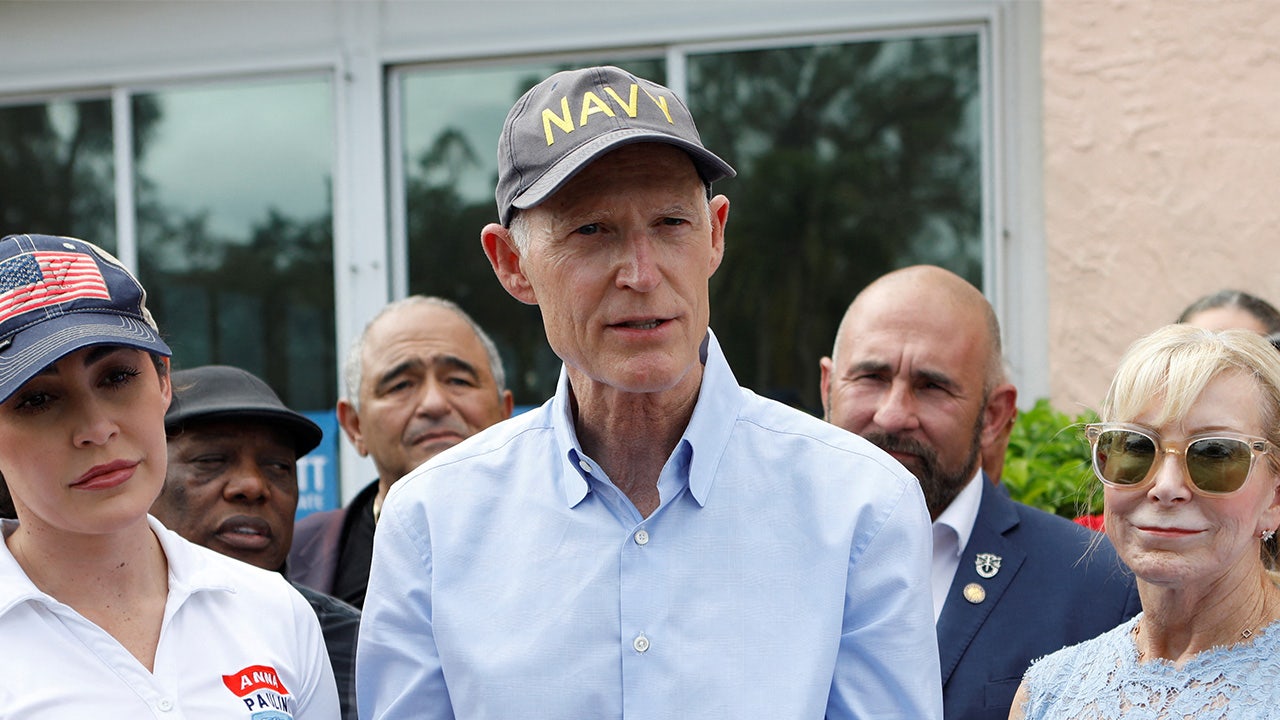Pressure campaign boosting Rick Scott could fall flat with Senate GOP colleagues, strategists say

As Senator Rick Scott of Florida garners support from prominent Trump allies in the upcoming Senate Republican leader race, there are concerns among strategists that these endorsements may not sway the outcome of the secret ballot and could potentially harm Scott’s chances.
Despite endorsements from figures like Elon Musk, Vivek Ramaswamy, and Rand Paul, among others, Republican strategist Doug Heye dismisses their significance, stating that the only endorsement that truly matters is Trump’s. However, Trump has not yet made an endorsement in the race, leaving uncertainty surrounding his potential influence.
The leader race, scheduled for November 13th, will be conducted via secret ballot, making it impossible to determine how individual senators vote unless they choose to disclose their decision. This secretive nature of the vote diminishes the impact of external endorsements, as each senator’s vote is considered a personal and conscientious choice.
Former Senate Majority Leader Trent Lott’s former chief of staff, Ron Bonjean, explains that Senate Republicans are traditionally unaffected by outside pressure in leadership elections. In fact, excessive endorsements could backfire and sway votes in the opposite direction.
The potential sustainability of the chosen leader post-Trump’s presidency is also a crucial consideration for senators. With the possibility of implementing term limits for the leader position, candidates like Scott and Cornyn are advocating for changes that could outlast Trump’s presidency.
The secret ballot nature of the leader race, combined with the absence of a Trump endorsement, underscores the independence and autonomy of senators in making their decision. While external endorsements may create buzz and garner public attention, the ultimate outcome rests on the individual choices of each senator.
In conclusion, the Senate Republican leader race remains a highly anticipated event, with the outcome hinging on the private votes of senators rather than external endorsements. The secrecy of the ballot and the potential for sustained leadership beyond Trump’s presidency add layers of complexity to the decision-making process for senators. As the race unfolds, all eyes will be on the Senate floor on November 13th to see who emerges victorious in this closely watched contest.




